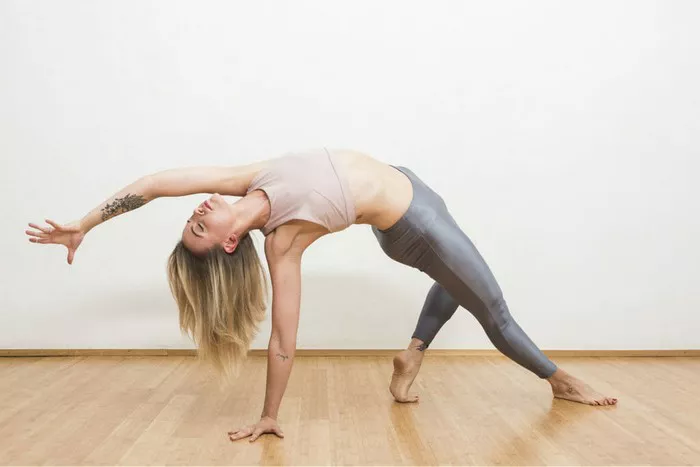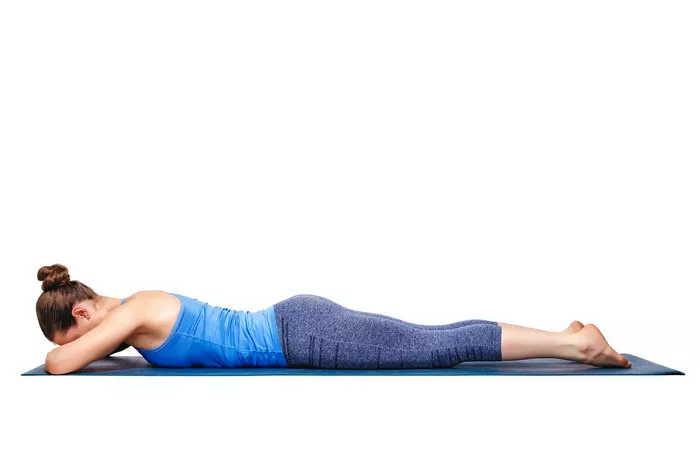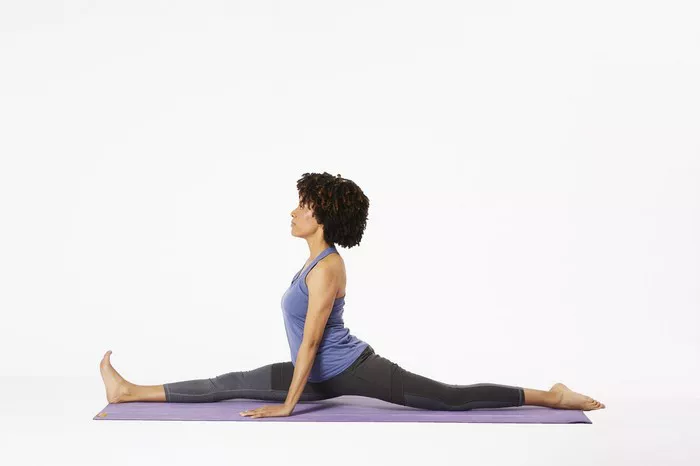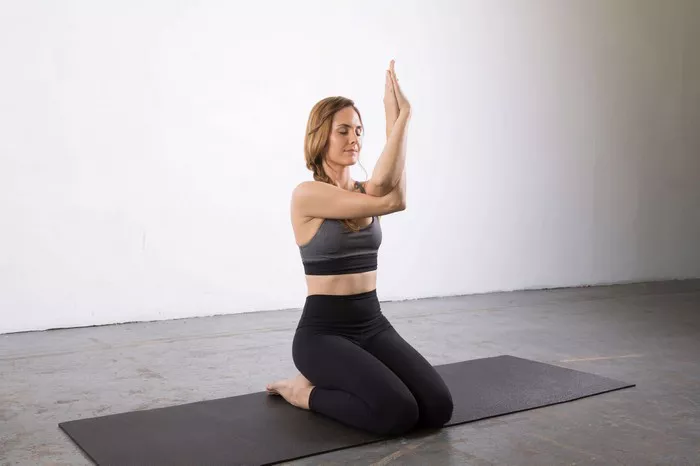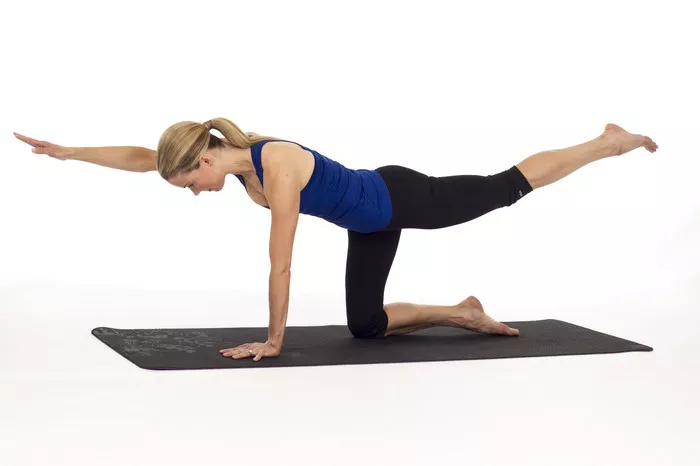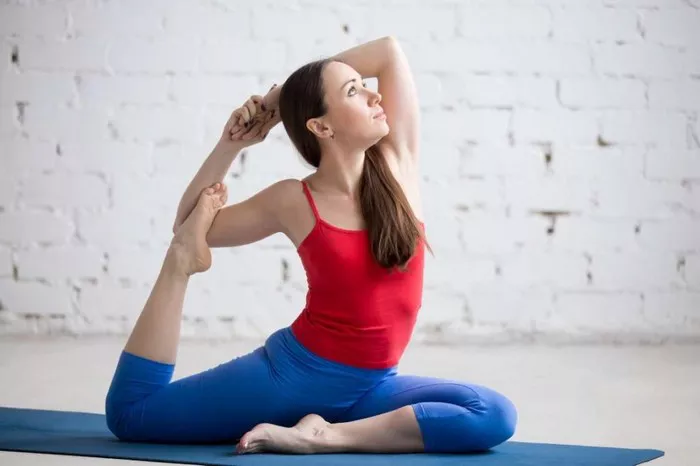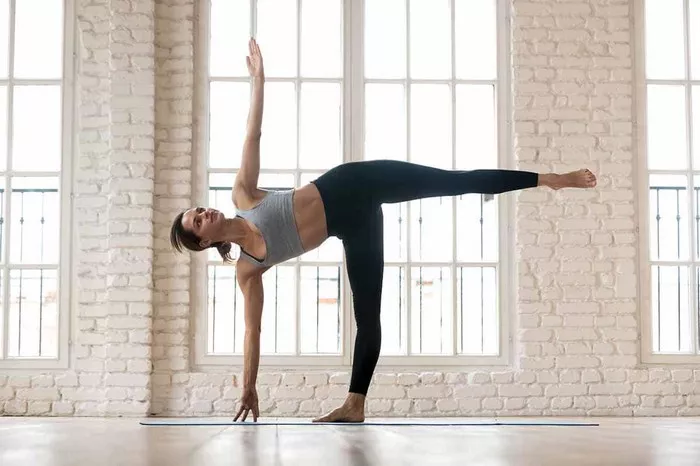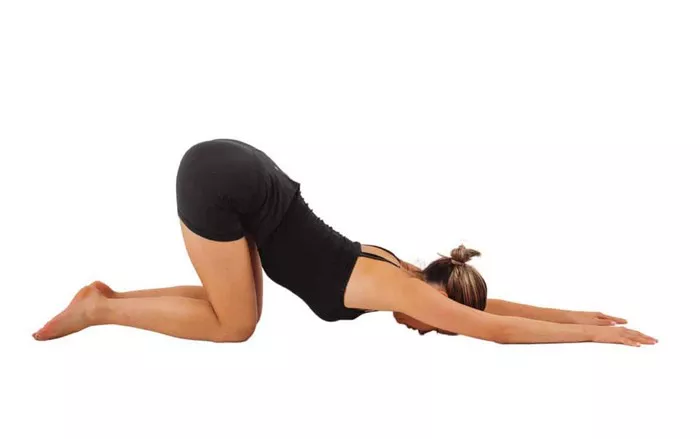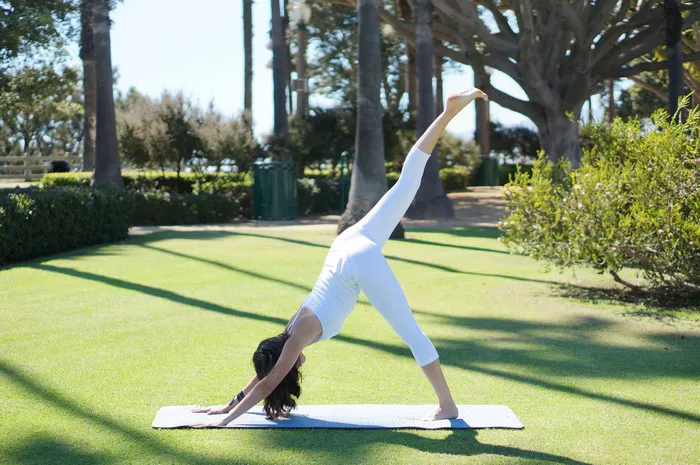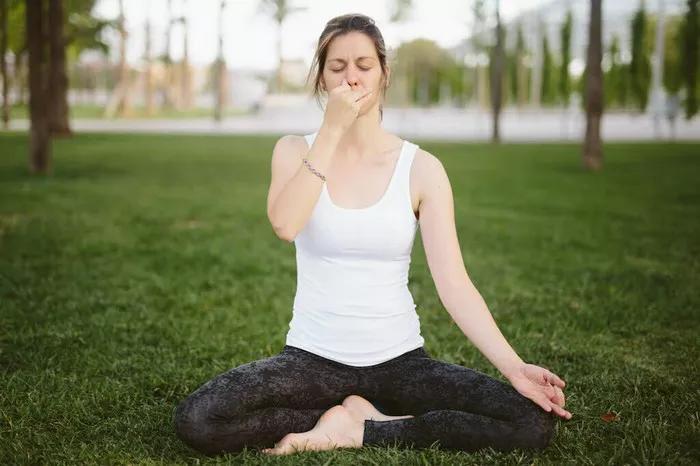In the fast-paced, information-heavy world we live in today, cognitive functions like memory have become crucial for personal and professional success. Whether it’s remembering an important meeting, retaining new knowledge, or simply keeping up with day-to-day tasks, the ability to maintain a sharp memory is highly valued. In the quest to enhance memory, many people turn to supplements, mental exercises, or other cognitive enhancement methods. However, one of the most effective and holistic ways to boost memory power is through yoga.
Yoga, with its ancient roots in India, is not just about physical postures; it is a profound practice that integrates the body, mind, and spirit. Over the years, research has shown that yoga can have numerous benefits on the brain, including improving focus, mental clarity, and, notably, memory. The connection between yoga and memory enhancement lies in the way the practice calms the mind, improves blood flow, reduces stress, and enhances brain function.
In this article, we will explore how yoga impacts memory and cognitive function, and which types of yoga practices are best suited for improving memory power.
How Yoga Improves Memory
Yoga’s impact on memory can be understood through several key mechanisms:
Stress Reduction: Chronic stress is known to impair memory and cognitive function. Yoga’s ability to reduce cortisol (the stress hormone) levels is one of the most significant ways it benefits memory. The practice of deep breathing (pranayama) and meditation helps activate the parasympathetic nervous system, which calms the body and mind, reducing stress and anxiety that can cloud mental clarity.
Improved Blood Circulation: Many yoga poses improve blood circulation to the brain, which is essential for cognitive function. Poses that involve inversion (like Headstand or Shoulderstand) or even simple forward bends help facilitate better oxygen and nutrient supply to the brain, thereby supporting memory retention.
Mindfulness and Focus: Yoga encourages mindfulness, which is the practice of being fully present in the moment. This enhances your attention span and cognitive function, which are closely tied to memory. A focused mind is more adept at encoding, storing, and retrieving memories.
Neuroplasticity: Yoga is believed to promote neuroplasticity, which is the brain’s ability to reorganize itself by forming new neural connections. This means that yoga can help the brain stay flexible, adapt to new information, and improve memory retention.
Balancing the Nervous System: Regular yoga practice can help balance the sympathetic and parasympathetic nervous systems. This balance is important for optimal brain function and mental clarity. A balanced nervous system also supports emotional regulation, reducing mental fog that can hinder memory.
Enhancing Sleep Quality: Quality sleep is essential for memory consolidation. Studies have shown that yoga can improve sleep quality, which in turn helps with the retention of information and long-term memory.
Best Types of Yoga for Memory Power
While any yoga practice will yield benefits for overall mental health, some styles are particularly effective in enhancing memory and cognitive function. Below, we’ll dive into the most impactful types of yoga for improving memory power.
1. Hatha Yoga
Hatha yoga is a classical form of yoga that focuses on physical postures (asanas) and breath control (pranayama). It is often considered the foundation of all other forms of yoga. Hatha yoga is perfect for beginners and those looking to improve mental clarity and memory because it emphasizes a slow-paced, deliberate approach to the asanas.
In Hatha yoga, the synchronization of breath and movement is key. As you hold the poses and focus on your breath, you practice mindfulness and cultivate present-moment awareness. This focus enhances cognitive function by sharpening attention, a skill directly linked to memory retention.
Key Benefits for Memory:
- Promotes relaxation and reduces stress
- Improves circulation to the brain
- Increases mental focus and clarity
- Improves physical health, which indirectly supports cognitive function
2. Vinyasa Yoga
Vinyasa yoga, often referred to as “flow” yoga, links breath with movement in a continuous, fluid sequence of postures. While Vinyasa can be physically challenging, it is also incredibly effective for improving mental focus and memory. The dynamic nature of Vinyasa yoga helps to engage both the body and mind, fostering greater mindfulness.
Because of the fast-paced flow of postures, Vinyasa yoga requires practitioners to stay present and focused on the current movement, which sharpens attention and enhances cognitive functions like memory. In addition, the rhythmic nature of Vinyasa promotes brain health by increasing oxygen flow and blood circulation.
Key Benefits for Memory:
- Enhances concentration and attention
- Stimulates brain function through increased oxygenation
- Reduces mental distractions, improving memory encoding
- Promotes mindfulness and mental clarity
3. Kundalini Yoga
Kundalini yoga is a spiritual form of yoga that focuses on awakening the dormant energy (Kundalini) believed to be coiled at the base of the spine. It incorporates a combination of physical postures, breathwork, chanting, and meditation to balance the mind, body, and spirit.
While Kundalini yoga is often considered a more esoteric or mystical practice, its benefits for cognitive function and memory are profound. The combination of meditation and breath control in Kundalini yoga helps to calm the mind and promote mental clarity, both of which are essential for improving memory.
Key Benefits for Memory:
- Deep meditative practices that improve focus and concentration
- Breathwork techniques (pranayama) that calm the mind and enhance mental clarity
- Awakening of energy that helps to increase mental vitality
- Reduction of mental blockages or distractions that hinder memory retention
4. Iyengar Yoga
Iyengar yoga is a precision-based style of yoga that focuses on alignment and detailed instructions in each posture. It often uses props such as blocks, straps, and cushions to support the body in achieving the correct alignment.
Although Iyengar yoga may be slower-paced compared to other styles, the precision required in each pose helps enhance concentration and mental clarity. This focus on alignment encourages mindfulness, which in turn improves memory by keeping the mind engaged in the present moment.
Key Benefits for Memory:
- Increases attention to detail and concentration
- Encourages mindfulness and deep focus
- Enhances neuroplasticity through precise, mindful movement
- Improves mental clarity and emotional balance
5. Restorative Yoga
Restorative yoga is a gentle, calming practice designed to relax and restore the body. It uses props to support the body in passive poses, allowing for deep relaxation. While it may not be as physically demanding as other forms of yoga, it plays a crucial role in reducing stress and improving mental clarity, both of which are essential for memory function.
In restorative yoga, the focus is on relaxation, slow breathing, and releasing tension. This relaxation response can help reduce anxiety and mental fatigue, creating a clearer mental state that is conducive to better memory retention.
Key Benefits for Memory:
- Reduces stress and anxiety that can interfere with memory
- Improves relaxation and focus
- Promotes restorative sleep, aiding in memory consolidation
- Encourages a state of mental peace, which improves cognitive function
6. Meditative Yoga
While meditation itself is not a type of yoga in the traditional sense, many yoga practices incorporate meditation techniques as a central component. Meditative yoga practices like Yoga Nidra (a form of conscious relaxation) and mindfulness-based yoga can profoundly improve mental clarity and memory.
Yoga Nidra, also known as “yogic sleep,” guides practitioners into a deeply relaxed state, which has been shown to support memory consolidation and cognitive rejuvenation. The practice of mindfulness meditation, often included in yoga classes, helps increase attention span and focus, thereby supporting memory enhancement.
Key Benefits for Memory:
- Improves concentration and attention span
- Enhances brain plasticity through deep relaxation and awareness
- Reduces mental distractions and mental clutter, improving memory recall
- Supports deep, restorative sleep, which is essential for memory consolidation
Conclusion
Yoga, in all its diverse forms, offers profound benefits for memory improvement. By reducing stress, improving blood circulation to the brain, enhancing mental focus, and promoting relaxation, yoga helps sharpen memory retention and recall. Whether you choose Hatha, Vinyasa, Kundalini, Iyengar, Restorative, or Meditative Yoga, each style provides unique benefits that can support cognitive function and enhance memory power.
The key to improving memory through yoga lies in consistency and mindfulness. By incorporating yoga into your daily routine, you can nurture a sharp, clear mind and a more vibrant memory. As with any yoga practice, it is essential to find a style that resonates with your needs and goals. Start slow, focus on your breath and body, and allow yoga to guide you on a journey to enhanced memory and mental clarity.
Related Topics:

